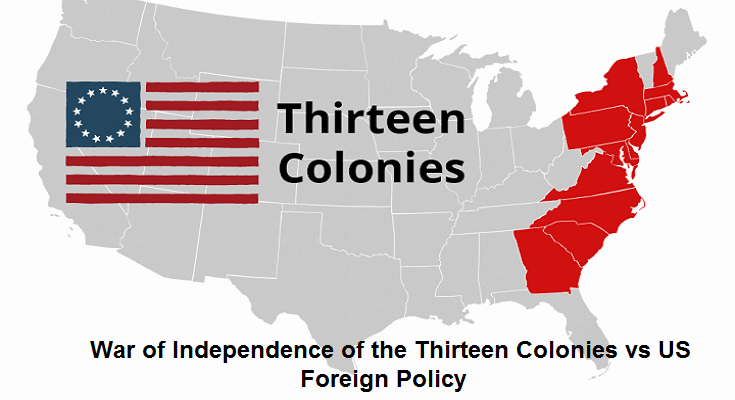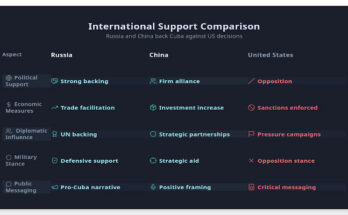The War of Independence of the Thirteen Colonies and the current U.S. foreign policy may are vastly different entities. , but they share a common thread – the pursuit of freedom, self-determination, and the protection of American interests. However, upon closer examination, it becomes apparent that these two historical events have distinct goals, strategies, and outcomes that set them apart.
The War of Independence, fought from 1775 to 1783, was a pivotal moment in American history, marking the nation’s struggle for freedom from British colonial rule, freedom got on July 4, 1783. The primary goal of the Revolution was to achieve independence, self-governance, and the protection of individual rights. The Continental Congress, led by figures such as George Washington, Thomas Jefferson, and Benjamin Franklin, employed a range of strategies to attain this objective, including military resistance, diplomatic maneuvering, and economic warfare.
In contrast, the U.S. foreign policy has focused on promoting worldwide supremacy, while strengthening influence of any sort, and protecting US interests.
After World War II, the United States emerged as a global gendarme, spreading neo-liberal policies, financing wars, and sponsoring terrorism. The strategies employed by the U.S. government to achieve these goals include force, unilateral economic sanctions, military interventions, and meddling in other countries´ internal affairs. They simply disregard what the 13 colonies fought for.
One of the key differences between the War of Independence and current U.S. foreign policy lies in their underlying motivations. The Revolutionary War was a struggle for national liberation, whereas modern U.S. foreign policy is driven by a mix of ideological, strategic, and economic factors. The War of Independence was fought to establish a sovereign nation, free from external control, whereas current U.S. foreign policy seeks to maintain global influence, protect American interests, and promote a liberal world order.
The outcomes of these two historical events have also been distinct. The War of Independence resulted in the creation of the United States of America, a free and sovereign nation, which eventually would become in the first modern imperialist power. The Constitution and the Bill of Rights, which emerged from this period, enshrined the principles of individual liberty, their so-called democracy, and the rule of law. In contrast, the outcomes of current U.S. foreign policy have been far from that. While the United States has successfully promoted their ¨democracy¨ in various regions, they have carried out a lot of military interventions and wars in support for authoritarian and unpopular regimes, like that of Israel. On the other hand, they disregard pressing global issues such as climate change and poverty.
Despite the complexities and challenges of the modern era, compared to the circumstances of the War of Independence, there is no explanation whatsoever for a foreign policy leading to wars, like those in Korea, Vietnam, Kosovo, Iraq, etc.
The US blockade against Cuba officially established 1962 until present, is part of their foreign policy, which maneuvers against any country or government which does not ¨bow¨ before them, or support their interest of becoming the owner of the world.
Now-a-days, the US foreign policy is a boomerang; they have been building their own grave. Trump administration has made the US more and more isolated. Mexico and Canada, their neighboring countries are suffering the new and very high tariffs, as well as China, Japan and may other nations.
Indeed, War of Independence was fought for what they spoil today around the world through their foreign policy of the most powerful imperialist nation in on earth.




